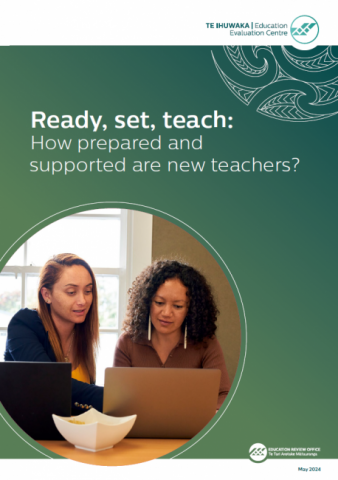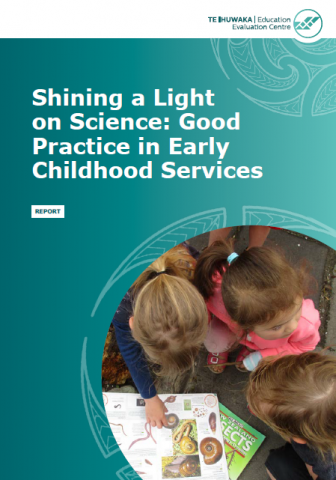Young people talk about learning in Alternative Education
Published: 27 Jun 2023
We talked to some young people and adults at different Alternative Education places.
- Audience:
- Academics
- Education
- Parents
- Schools
- Content type:
- Research
- Topics:
- Te Ihuwaka | Education Evaluation Centre







